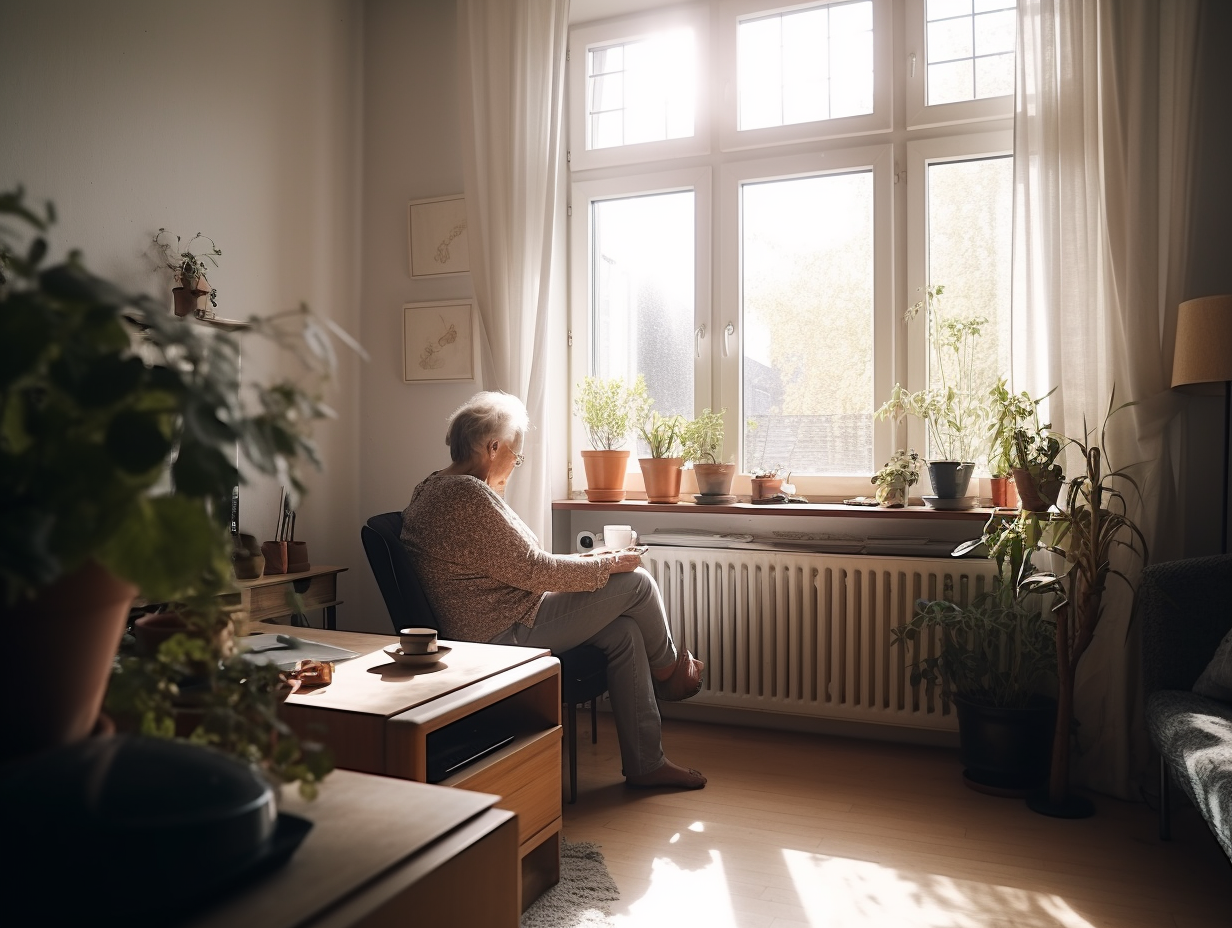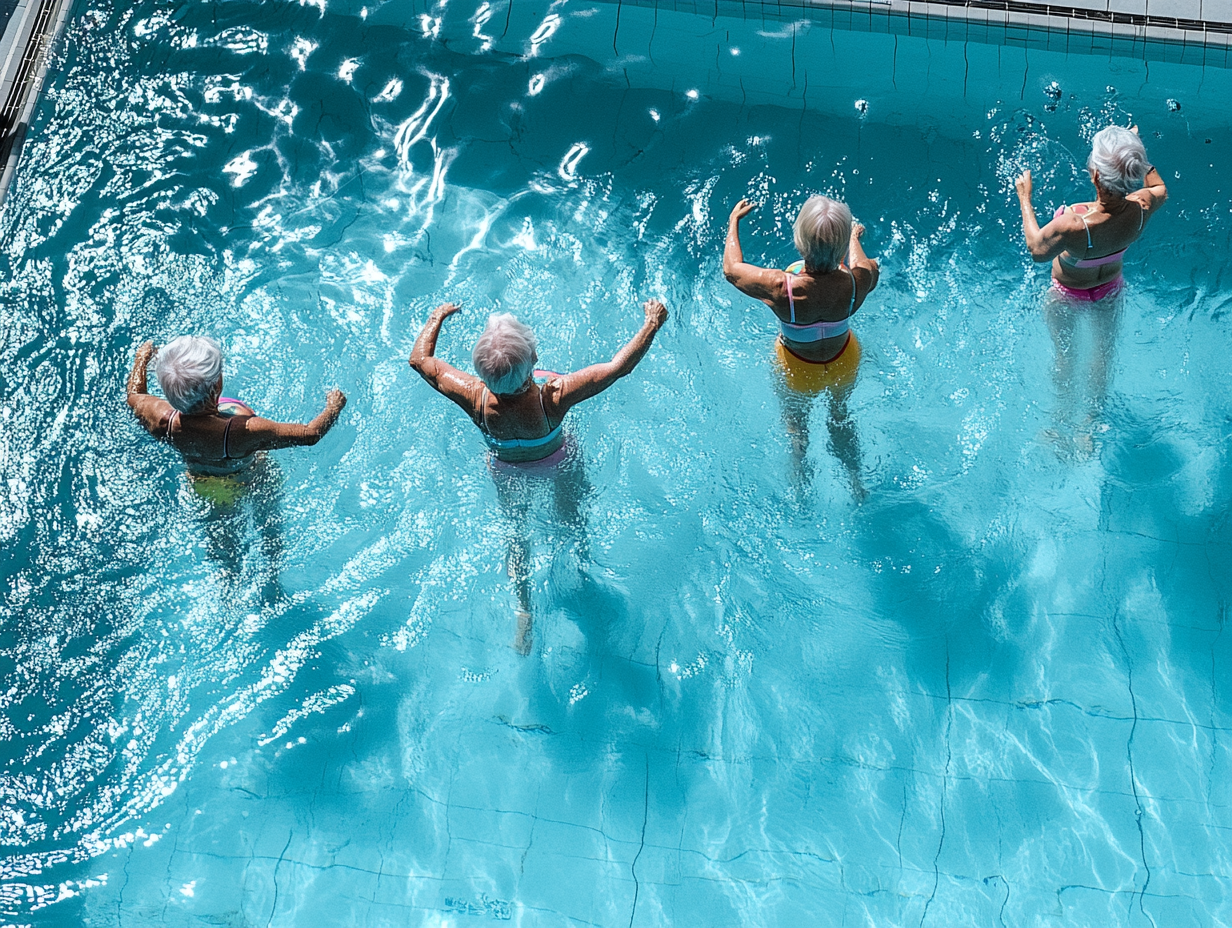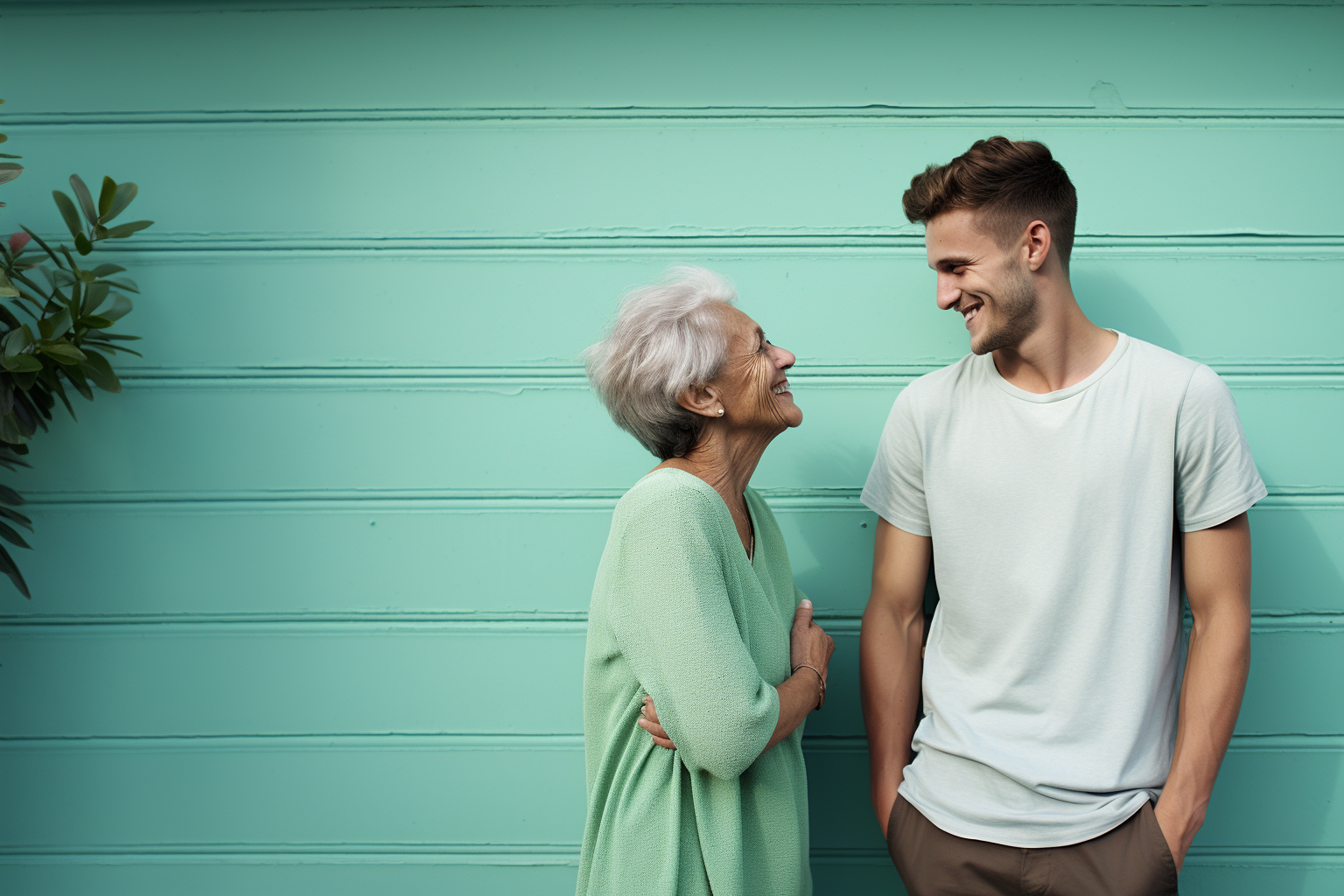As people live longer, the importance of maintaining mental and emotional wellbeing in later life is becoming impossible to ignore. A recent article on MSN Health highlights the growing impact of loneliness, isolation, and depression among seniors - challenges that often go unseen and under-addressed, even by those closest to them.
The piece brings together expert advice on how to support mental health in older adults, especially those living alone or coping with physical decline. Crucially, it emphasises that mental wellbeing is deeply tied to connection, purpose, and routine. Seniors who maintain social contact, engage in light exercise, and feel part of a community report far higher levels of life satisfaction and emotional stability.
Experts suggest simple, accessible interventions: phone calls with friends or family, joining community groups, gardening, listening to music, or even adopting a pet. Movement - even gentle stretching - has shown strong links to mood improvement. And just as important is routine: a structured day with purpose-driven tasks can reduce anxiety and give a sense of control.
This growing body of evidence reflects what those working in dementia and aging support have long known: emotional health and independence go hand in hand.
It’s in this space that tools like Elli Cares can have a transformative effect. The app’s reminder and wellness features help build routine, while its ability to connect families and support teams creates a lifeline for seniors living alone. In an age where digital connection can be as powerful as face-to-face interaction, smart, compassionate technology is part of the broader solution to mental health in aging populations.






